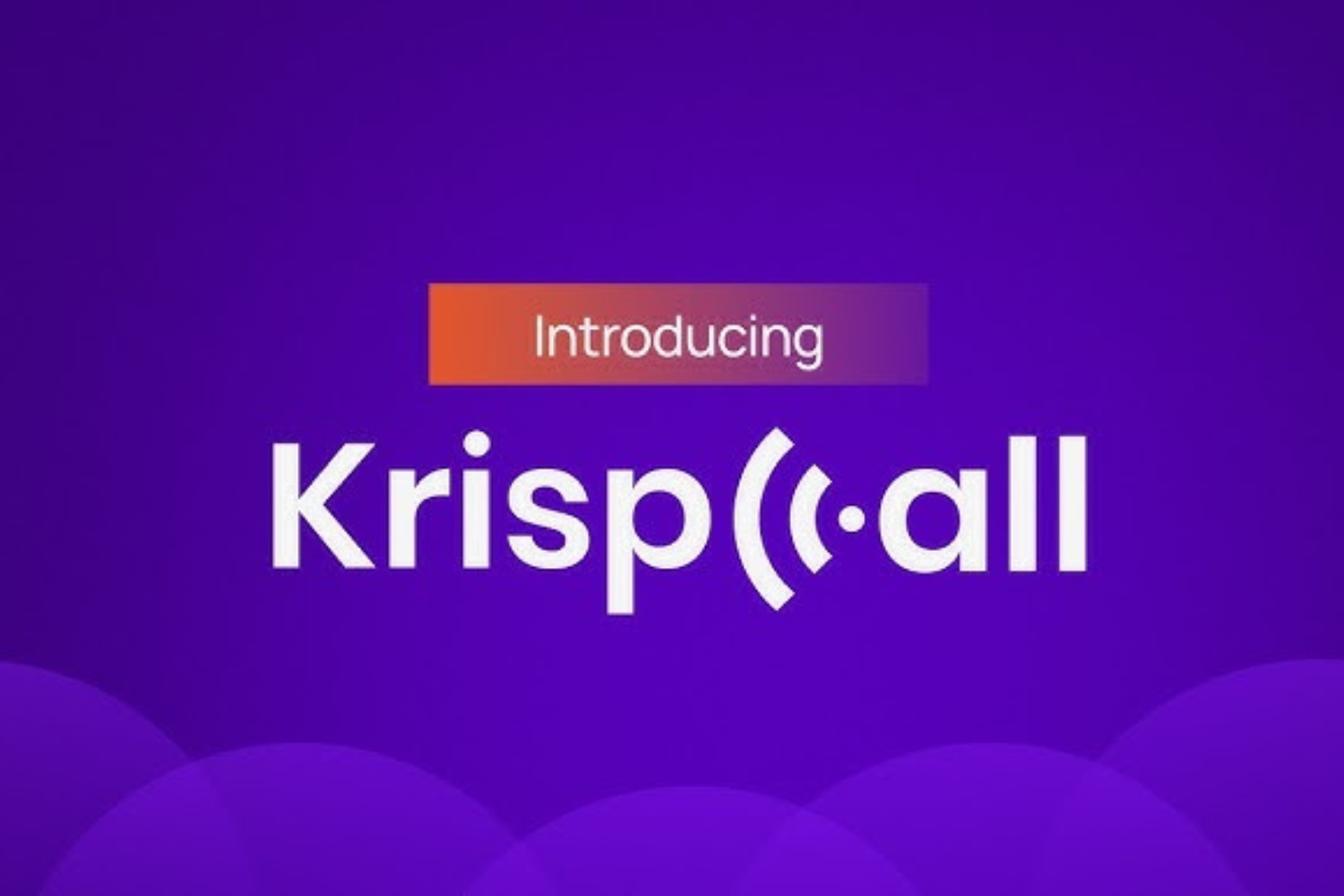In this guide, you’ll learn all about what Hedging Language entails. We can simply say: An important feature of academic writing is the concept of cautious language, often called “hedging” or “vague language“ for that matter. In other words, it is necessary to make decisions about your stance on a particular subject, or the strength of the claims you are making.
What’s more, in terms of academic writing, it is prudent to be cautious in one’s statements — so as to distinguish between facts and claims. And in doing so, this is what is commonly known as “hedging.” Meaning, that you’ll want to use linguistic devices to express hesitation or uncertainty as well as to demonstrate politeness and indirectness.
On that note, if you’re still not quite sure what hedging language is, well, you don’t need to worry anymore. For one thing, we’ll take a quick look at its definition next, before moving on to look at examples of hedge words and phrases in use. And then also, as well as its importance as a linguistic device in academic writing. So, stick with us until the end of this guide…
Be that as it may, the common basics are to know that a hedge (noun) is a cautious, vague, or evasive statement. While, at the same time, to hedge (verb) is to avoid answering a question, making a clear, direct statement, or committing yourself to a particular action or decision. In that case, why don’t you take a ride with us for free to learn more about the basics?
What A Hedging Language Usually Entails
By definition, Hedging Language refers to how a writer expresses certainty or uncertainty. Often in academic writing, a writer may not be sure of the claims that are being made in their subject area, or perhaps the ideas are good but the evidence is not very strong. It is common, therefore, to use the language of caution or uncertainty (known as hedging language).
So, in simple terms, hedging words and phrases are the things we write and say in order to soften our words, to make them less direct, and to limit or qualify claims and statements we make. Our guess is that you’re probably already familiar with hedging in news reports where journalists make frequent use of the word ‘allegedly‘ in delivering their news anchorage, right?
Partially, this is because the statements they make are not necessarily proven. As well as to create a defense for themselves if confronted about the content of the report (protecting themselves from criticism and potential legal action in the process). Moving forward, if a beginner, we can make things simple for you by following the guidelines in this tutorial video.
Ultimately, this is often an accepted practice for hedging to be used extensively in good academic writing. Simply, this is because using hedge words and phrases in academic writing allows you to be academically cautious, and to acknowledge the degrees of uncertainty in your statements and claims, rather than claiming something is an absolute truth or fact.
In addition, it allows you to be both cautious and more accurate when you’re explaining and interpreting results, and when discussing the implications of those results. And, as a result, your reader understands the extent of your commitment to the reliability of what you are reporting and discussing. Thus, less chance your claims will be questioned or disputed by others.
People use hedged language for several different purposes. But, perhaps, there are some of the most fundamental aspects of why some content marketers still utilize this form/style of marketing strategy in their advertising plan.
Consider the following:
- One: To minimize the possibility of another academic opposing the claims that are being made
- Two: To conform to the currently accepted style of academic writing
- Three: To enable the author to devise a politeness strategy where they are able to acknowledge that there may be flaws in their claims
When you show confidence in your own ideas, others are more likely to support them, too. Although writing without hedging phrases can feel awkward and abrupt at first, it gets easier with a little bit of practice. Plus, you don’t have to go it alone. For this and many other reasons, that’s why we’re always there (Get In Touch) to help you out! So, let’s learn a few more things.
For instance, you can use a tone detector to help your writing sound just the way you want. Whether that’s friendly but not overly casual with a colleague, or concerned but not angry when asking someone for help. The tone detector analyzes your words, phrasing, and punctuation so you can ensure your writing says what you mean — exactly how you mean it.
How To Use Hedging Language Effectively
Looking at your recent emails, what phrases do you tend to use when you’re making a suggestion or asking a (potentially uncomfortable) question? If you’re like most people, you may use a lot of phrases like “I think we should . . .” or “I feel like . . .” or “It would be great if . . .” All these phrases are forms of hedging — they’re just but little qualifiers.
Specifically, these are qualifiers that usually undermine what you’re saying. There are a few reasons a writer might hedge. Hedging makes your statements less direct, and sometimes that feels more polite, especially if you’re expressing disagreement or criticism. Hedging can also feel like an escape hatch. If you turn out to be wrong, well, it was just a random thought you had . . .
But, the feeling of safety you get from hedging is only that: a feeling. In reality, hedging makes you look uncertain and unconfident. There are a few examples that we can think of.
Consider the following:
- Introductory verbs: e.g. seem, tend, look like, appear to be, think, believe, doubt, be sure, indicate, suggest
- Certain lexical verbs: e.g. believe, assume, suggest
- Certain modal verbs: e.g. will, must, would, may, might, could
- Adverbs of frequency: e.g. often, sometimes, usually
- Modal adverbs: e.g. certainly, definitely, clearly, probably, possibly, perhaps, conceivably
- Modal adjectives: e.g. certain, definite, clear, probable, possible
- Modal nouns: e.g. assumption, possibility, probability
- That clauses e.g. It could be the case that. e.g. It might be suggested that. e.g. There is every hope that.
- To-clause + adjective: e.g. It may be possible to obtain. e.g. It is important to develop. e.g. It is useful to study.
Hedging Language can become such an ingrained habit that it’s hard to even notice yourself. Our new check alerts you to phrases that undermine your message and offer you clear and confident wording to use instead. Curious to see what it can do?
1. I think . . .
Hedging: I think we should set up a meeting.
Confident: Let’s set up a meeting.
2. I feel like . . .
Hedging: I feel like we could find space for one more person.
Confident: We could find space for one more person.
3. It would be great if . . .
Hedging: It would be great if you could turn in your application by 5:00 p.m. tomorrow.
Confident: Please turn in your application by 5:00 p.m. tomorrow.
4. Should be able to . . .
Hedging: I think I should be able to finish the research phase this week.
Confident: I can finish the research phase this week.
5. Basically . . .
Hedging: Basically, I’m still waiting for Tim to answer my questions.
Confident: I’m still waiting for Tim to answer my questions.
Whatever you’re writing, you don’t want it to go out with embarrassing spelling mistakes, confusing grammar issues, or incorrect punctuation. Fortunately, you can count on Grammarly’s freemium version to help you catch and remedy a slew of common mistakes. This can save you time and safeguard your credibility and make sure you give the right impression.
For beginners, Typely Proofreading Software identifies hedging language words and phrases in your texts. Whilst, giving you the opportunity to consider the results and, depending on how strong or weak you need your hedging to be, you can tweak or rewrite accordingly. Just keep up to date with the latest updates about Typely’s proofreading software, and the latest articles.
Some Potential Problems You May Face With Hedging Langauge
It’s, important to realize, that overuse of hedging will lead your reader to wonder where is the author of this piece, and where they really stand on these issues. Note that as we typed this sentence, it occurred to us that it would (could?!) be more convincingly written as the following statement:
“The overuse of hedging will lead your reader to wonder, where is the author of this piece, and where do they really stand on these issues?”
However, we’ll leave it unedited as a small reminder that we need to consider how strong or weak we want our hedging to be in our writing. And, indeed, if we want or need to use these words and phrases at all or not. Bear in mind, that there will be times when your readers will want to see that you are happy to stand by your ideas and statements.
Unfortunately, too much hedging language will only make it seem as if you are writing without any conviction. After all, why should they have any belief in what you write if it appears that you do not? Depending on what you’re writing, sometimes you have no choice but to use hedging words. For example, in academic writing, legal documents, and news reports.
In general, using hedging words and phrases should be a conscious choice with a purpose. And rather, not a habitual feature of your writing that runs the risk of you sounding like you don’t have confidence in your thoughts, ideas, and opinions. Just use them where needed to soften what you say – to make it less direct – and to limit or qualify claims and statements you make.
Controlling Hedging Language With The Grammarly App Premium Pack
The Premium GrammarlyPack helps make your writing extra clear to your reader. It can suggest restructuring lengthy sentences to make them more understandable. Or help you get the delivery just right. For Premium users, tone adjustment suggestions appear as purple underlines — to find a more polite option in place of something that might be rude.
Equally, its delivery suggestions also recommend inclusive language in spots where it’s appropriate. And they can help you hit the mark when it comes to formality. While you might feel comfortable sending an informal “thank u” to an old friend, this feature can remind you to swap in “thank you” when addressing colleagues. It can even boost your confidence.
Or rather, at least, help your writing seem more confident by striking squishy, hedging phrases like “I think.” Besides purple underlines for delivery, Grammarly Premium users can look for green underlines, which are engagement suggestions. These can help you notice and avoid repetitive patterns and instead employ a lively variety of sentence structures.
Beginners Guide: How To Create A Freelance Writing Website | #7 Top Best Tips
Obviously, this is to help you better hold the reader’s attention. In addition, its engagement suggestions feature also includes ways to replace dull vocabulary with more compelling words. For instance, was the checkmate in that chess game you watched “very smart,” or was it “brilliant?” That last note brings us to fluency suggestions as yet another notable factor.
Consider someone whose primary language is French, in which the word “chance” means “luck.” Fluency suggestions help avoid mix-ups specific to a particular language, so someone who usually speaks French doesn’t mistakenly call that crafty checkmate “good chance.” Grammarly Premium also includes formatting suggestions in its feature options too.
Such as identifying when a hard-to-follow paragraph would work better as a series of bullet points and the like. Lastly, to ensure there’s no chance of anyone mistaking you for a copycat, its plagiarism detector searches the web, including academic databases, for phrases that match what’s in your draft, so you can be sure your work reads as undeniably yours.
Summary Thoughts:
On one hand, Grammarly’s suggestions make improving your writing incredibly convenient. On the other hand, the Grammarly App Premium Pack can help your next draft nail the delivery in a clear and engaging way. When you write well, it says a lot about you — like that you’re a professional who doesn’t let even small mistakes slip by.
So, by all means, while polished writing takes time and diligence, it’s worthwhile, and Grammarly can help. Grammarly Premium offers exceptionally great value when billing annually. So, Are you ready to level up at any time from now — even if it is today? Well, the majority of Premium Users report less stress and stronger writing skills.
Resource Reference: How WordPress Title Headings Work | A Webmaster Guide
Whether you’re writing for clients, team members, or a social community, Grammarly Premium will keep your reputation in check and your productivity in high gear. Not forgetting, the Premium Package is a paid upgrade that offers over 400 types of checks and features. Eventually, it checks for grammatical errors and provides vocabulary enhancement suggestions.
As well as, detecting plagiarism, and providing citation suggestions. Please visit grammarly.com/premiumto learn even more about what its premium pack has to offer. But, if you’ll need more support, you can always Contact Us at any time and let us know how we can help you out. All in all, feel free to share this guide with other readers who will find it useful too.




